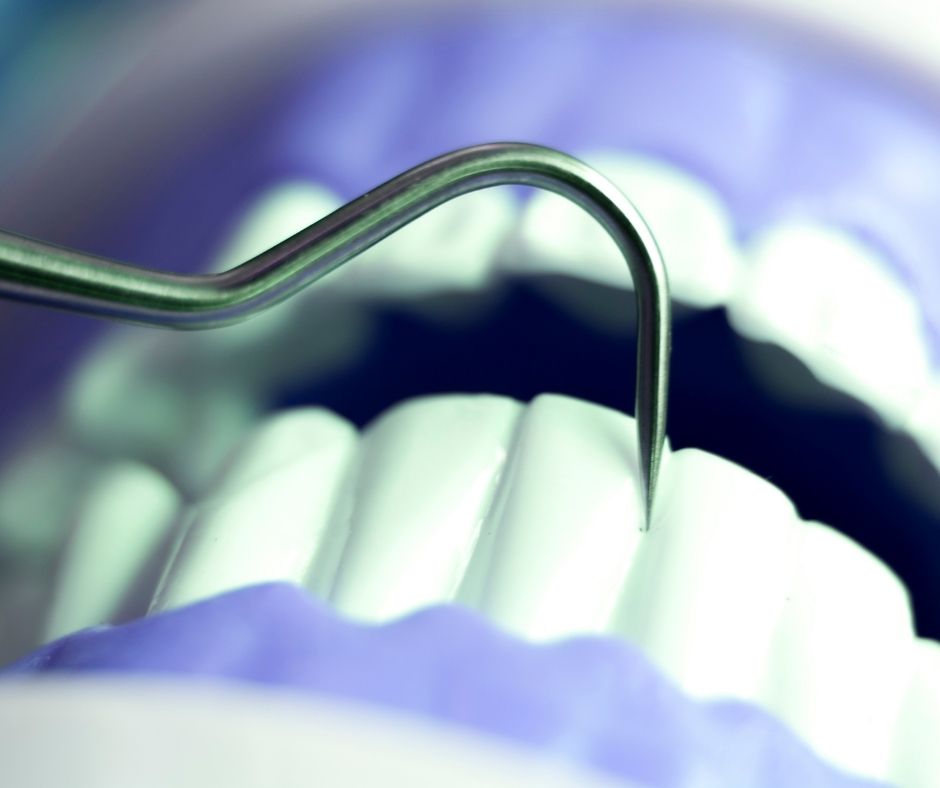A root canal, or more specifically, a root canal treatment, is a procedure dentists use to save a badly infected tooth instead of removing it altogether.
The pulp is the root’s innermost area, which is richly supplied with blood vessels and nerves. Any kind of sensation of the tooth, like sensitivity or pain, arises from this area.
The root canal by itself is a region of space in the root of the tooth.
What is Root Canal Treatment?
This is also known as endodontic therapy, endodontic treatment, or root canal therapy. It involves the cleaning, disinfection, decontamination, and filling of the infected area of the root canal.
Removal of the tooth’s pulp and subsequent filling can prevent further microbial contamination and the spread of this infection. However, if the tooth is too damaged, dentists will most likely remove the tooth and replace it with dental implants or partial dentures.
Why do we need this root canal treatment?
When a tooth gets infected, the bacteria attack the enamel first and slowly make their way through the dentin and eventually into the pulp.If the pulp gets infected, it can lead to tooth abscesses. Symptoms include:
- Terrible toothaches that can radiate to the jaw and bone.
- Increased sensitivity to extreme temperature changes
- Pain while biting
- Fever may be present
More severe cases of infection can also cause bone decay and tooth loss.
The Procedure
Root canals previously would be excruciating procedures. With newer methods and better technology, it’s a procedure that will not cause a lot of pain and keep teeth healthy and clean.
Local anesthesia is usually administered to patients undergoing this treatment. An opening is made through the tooth’s crown, and specific instruments are guided into the tooth’s innermost pulp area.
The infected pulp is then removed. Once the tooth is completely clean, the dentist will fill it with inert materials like gutta-percha, a cement made up of zinc-oxide eugenol.
Epoxy resin is used as a binder for gutta-percha. Antiseptic materials like paraformaldehyde containing N2 may also be used.
Complications
Although this procedure aims to eliminate infection and pain in the mouth, a couple of complications could occur.
- Infection: infection after a root canal is not common, but if present, it can cause damage in and around the area of the root canal.
- Accumulation of unwanted materials: Cholesterol crystals can accumulate and cause irritation and lesions.
- Immune response: this procedure can trigger an overactive immune response that leads to adverse health impacts.
- Toxic materials: Filling materials such as amalgam contain mercury and other metals, which can be harmful.
Modern technology and recent findings have made complicated procedures such as root canals easier to carry out with a higher success rate. The pain caused due to a root canal is tolerable than the pain of an infected tooth.
Moreover, having a lax attitude can also spread the infection to other teeth in the mouth. Regular checkups, good mouth hygiene, and eating healthy foods can help prevent any kind of complication to the teeth.
Check out our recent blog at – https://www.saideephospital.com/2020/11/24/children-major-cause-for-driving-the-covid-19-spread-in-india/
Write to us at – https://www.instagram.com/saideephealthcareofficial/


